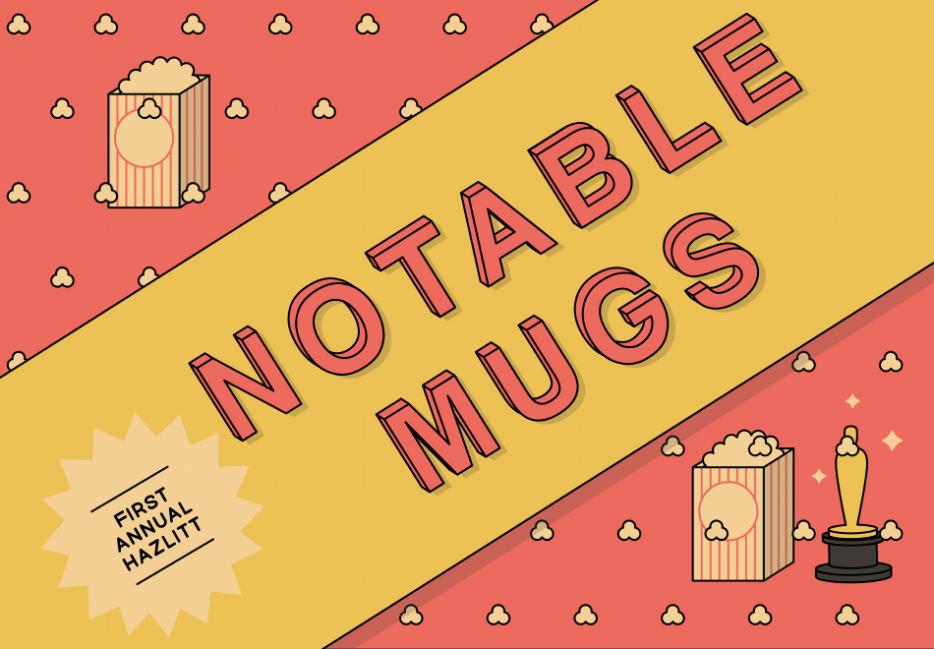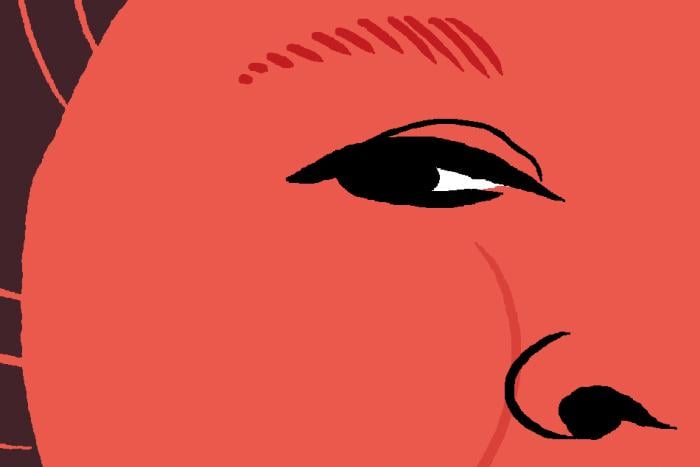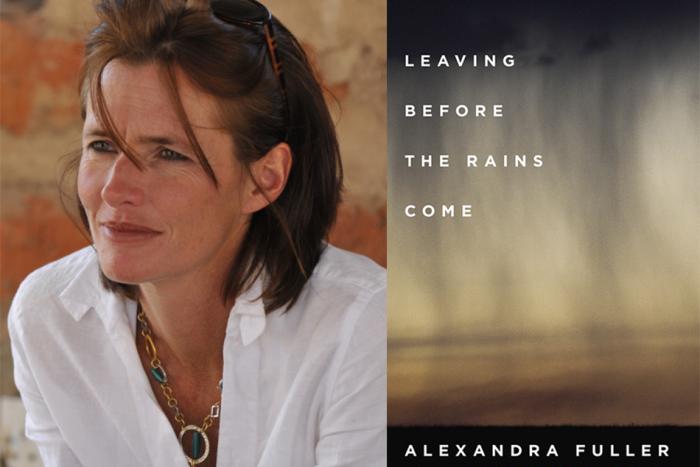
Illustration by Roman Muradov
What’s in a face? This week, we invited ten writers to take part in a statuette-free celebration of what draws us to the people we can’t stop watching. Read the whole series here.
Anjelica Huston’s face announces itself with her nose four sheets to the wind. It is a feature better described as a prow. A proud nose is an ancestral inheritance, a bony outcropping preceding one into the world, a tribal marker of strength. While Huston’s expressive eyes, her cheekbones and the wrinkles gathering like so many good stories around the contours of her face contribute to the alchemy that makes her inherently, almost instinctively, expressive, it is her nose which truly announces her power. In The Flamethrowers, Rachel Kushner identifies a particularly unpleasant character by her swelling snout, which has absorbed years of bad habits. I imagine Huston’s nose as the other side of this concept, distilling strength from the blood of rightfully vanquished enemies. (That her nose has morphed through experience is true. In 2013, Huston told The New York Times that in her youth, she resisted advice to get a nose job, but later broke her nose in a car crash.)
Huston’s is a face that makes you wonder what she is thinking. It is a face that tells a story and inspires one. Anjelica Huston holds a gun and looks at the camera dead-on and her stare seems more potent than the weapon. She’s the girl you follow out of the party because the action is going wherever she does. When that face walks out the door, the room deflates—suddenly, everyone is looking around, wishing they had somewhere more interesting to be.
Seventeenth-century philosopher and mathematician Blaise Pascal is famous for saying that human history would be different if Cleopatra had a shorter nose. He was speaking of the causes of love, suggesting they expose human frivolity. But we only attribute frivolity to those social signifiers we have no power to shape in an attempt to keep ourselves safe from them. Our physical features influence who we are because they determine how and why others are drawn to us. If it is silly to imbue a specific feature on someone’s face with mythical meaning, than the history of human attraction, that most powerful and unpredictable of forces, is indeed frivolous. But its frivolity makes it no less true. Is fixation on a face belittling? I don’t think it is. Within my superficial reaction I can trace a nebula of meaning: Anjelica’s dark features, her sharp bones, her eyes, remind me of my mother. In her I see a public declaration of my mother’s private strength and magnetism.
Pascal’s analysis has a misogynist undertone: Cleopatra shaped history, but only by virtue of how she was perceived by powerful men. Actors and models gain power from the perception of others. Working with a director or photographer, they manipulate that perception using themselves as a tool. An early New York Times review of Anjelica’s work described her as both plain and “immensely appealing.” That reviewer is trying to find a logic to the human face that transcends emotional reaction, to explain to himself why he might be drawn to her despite the fact that her face flouts an arbitrary construct of appeal. This is silly.
Huston grew up in Ireland, and there’s an old Irish myth that an itchy nose means you’re about to have an argument with someone. Our features, as much as we may like to believe otherwise, are used by others as a divining rod. Certainly there is power in those biological accidents we cannot control, but we can control what it means. Our features broadcast power, but its how we wield them that shapes the course of history.






